Ep. 1: Lisa Sebesta – Managing Partner, Co-Founder of Fresh Source Capital ||
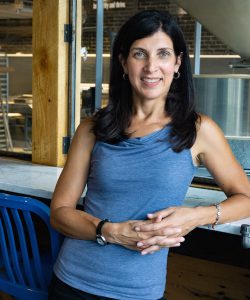 Founder & Managing Partners at FreshSource Capital, Lisa Sebesta has launched a creative financial vehicle to grow the local food movement into a sustainable regional food system initiative. Have a listen to how Lisa and partner Dan have found, evaluated and supported a dozen of the quickest growing food & agricultural companies of the Northeast.
Founder & Managing Partners at FreshSource Capital, Lisa Sebesta has launched a creative financial vehicle to grow the local food movement into a sustainable regional food system initiative. Have a listen to how Lisa and partner Dan have found, evaluated and supported a dozen of the quickest growing food & agricultural companies of the Northeast.
Q: Who is Lisa and what’s Fresh Source Capital?
Lisa is co-founder and managing partner of Fresh Source Capital, a Cambridge based investment firm focused on sustainable food and agriculture. Fresh Source Capital launched their first fund in 2015 to make investments in early and growth stage food businesses that are rebuilding regional food systems.
Lisa came to the sustainable food investment movement after spending 15 years as an equity analyst and portfolio manager for various Boston-based investment management firms. Upon her transition to private company investing, she has served on the leadership team of Slow Money Boston and was a consultant to the Fair Food Fund. She and her business partner at Fresh Source, Dan Pullman, shared a vision of mobilizing more institutional capital into regional food businesses.
Q: Why invest in Regional Food Systems?
Lisa details the opportunity she saw in forming Fresh Source. Driven by consumer demand, many small entrepreneurs have started businesses to fill a gap in the market. A deviation from the past, innovation in food products, services and delivery was no longer coming exclusively from “Big Food”.
In their discourse, Aaron and Lisa discuss the externalities that arise from an industrialized food system, which have become increasingly apparent. Out of recognition of these as well as concern for their own health, many consumers are switching to locally sourced, more sustainably raised foods. The notion that industrial food is cheaper is coming under question.
The companies in the Fresh Source portfolio address not only shifting consumer demand but also the necessary infrastructure investments that come with rebuilding a regional food system and making it more efficient.
Q: What can individual consumers do to support the regional food movement?
There are many opportunities to buy great quality locally sourced food year-round. Two examples from the Fresh Source portfolio are Farmers To You, an on-line farmers market, and Just Add Cooking, a provider of meal kits. If you eat out regularly, look for locally sourced options at your favorite restaurant or ask questions about where the food came from.
Q: How do we scale this movement?
Currently only about 10% of the food that New Englanders consume come from local sources. A study issued by Food Solutions New England describes what’s needed to achieve their vision of 50% food security by 2060. The study recommends utilizing more land to grow food responsibly (including converting current forest to farmland and pasture, and utilizing small spaces in urban settings). The study also allows for changes in diet to foods that are more readily grown in the Northeast.
Lisa points out that capital investments also have to happen beyond the farm – in processing, transportation, and storage, for example. That is potentially a large need for capital. This can also provide much needed stimulus to rural economies, as discussed in this recent book from the Federal Reserve in partnership with the USDA, Harvesting Opportunity.
“Ultimately, one fund is not enough to scale this movement. Lisa discusses the types of investments and investors that are needed, and how her firm works to coordinate among various groups. Co-investment is a great way to collaborate.” explains Sebesta.
Finally, Aaron and Lisa share a little about their own holiday plans and traditions, and how to think about waste. While there’s a lot that individual households can do around sustainable consumption, a much bigger problem lies further up the supply chain. There are some innovations happening to reduce waste there as well.
Portfolio companies mentioned:
- Farmers To You: @FarmersToYou
- Just Add Cooking: @AddCooking
- Imperfect Produce: @ImperfectProduce
- Little Leaf Farms: @LittleLeafFarms
- Ocean Approved: @OceanApproved
- Spoiler Alert: @SpoilerAlert
- Food Solutions New England: @_fsne
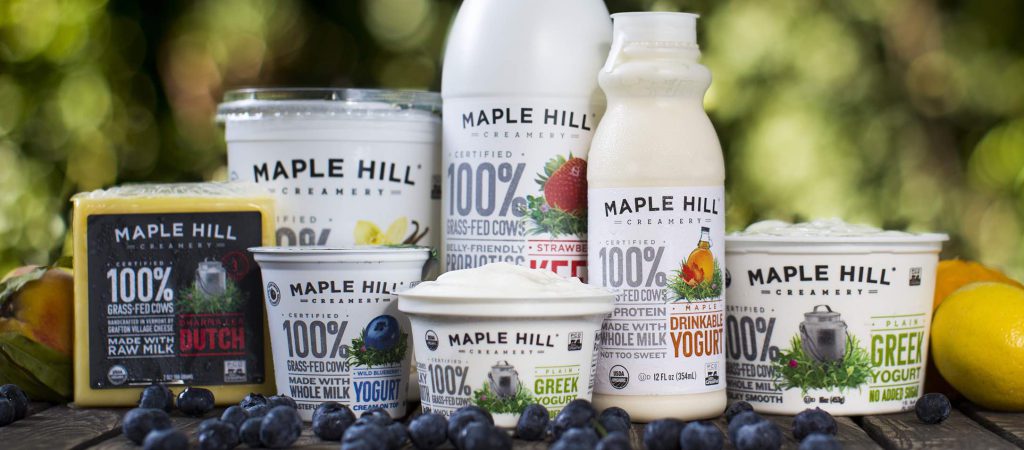
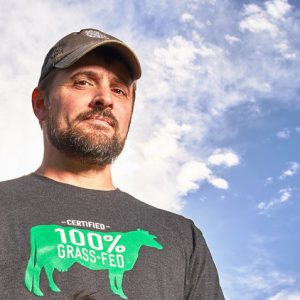 Beginning with the quality of taste of their products, Tim Joseph has become more than just a student of the game in differentiating their products through elevated production standards. Maple Hill Creamery has become a market leader in advancing consumer awareness in all food animal production. Simplifying the messaging that focuses on the personal benefits of investing in the animals and their living environments has seemed to resonate with more. Now, leveraging that with extensive research into growing consumer’s interest in their food and the mirroring of the success witnessed in other products categories like beer, wine, coffee, sweets and savories – Joseph and his growing but never compromising dairy believe they’ve just scratched the surface on an increasingly crowded yogurt shelf.
Beginning with the quality of taste of their products, Tim Joseph has become more than just a student of the game in differentiating their products through elevated production standards. Maple Hill Creamery has become a market leader in advancing consumer awareness in all food animal production. Simplifying the messaging that focuses on the personal benefits of investing in the animals and their living environments has seemed to resonate with more. Now, leveraging that with extensive research into growing consumer’s interest in their food and the mirroring of the success witnessed in other products categories like beer, wine, coffee, sweets and savories – Joseph and his growing but never compromising dairy believe they’ve just scratched the surface on an increasingly crowded yogurt shelf.

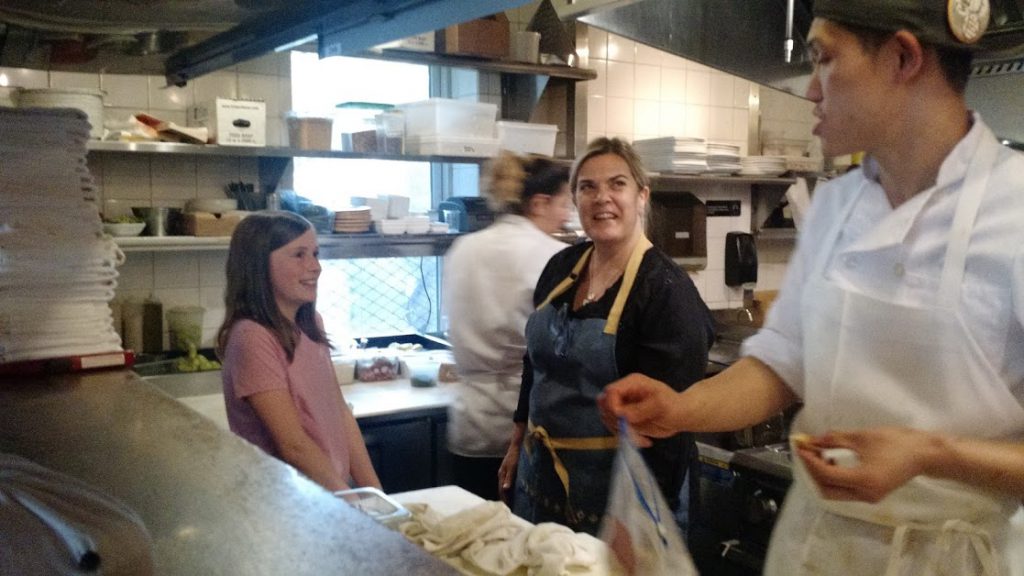

 Through the vertical integration of their thriving Oyster farms, a successful distribution company and world-renowned retail outlets – these “New American Farmers” have developed a sustainable model of sustenance and jobs for their community in Massachusetts, and the North Atlantic. Levering these ocean smarts to do greater good, Chris also curates the Island Creek Oyster Foundation, a non-profit which has codified a replicable model of aquaculture for the developing world.
Through the vertical integration of their thriving Oyster farms, a successful distribution company and world-renowned retail outlets – these “New American Farmers” have developed a sustainable model of sustenance and jobs for their community in Massachusetts, and the North Atlantic. Levering these ocean smarts to do greater good, Chris also curates the Island Creek Oyster Foundation, a non-profit which has codified a replicable model of aquaculture for the developing world.
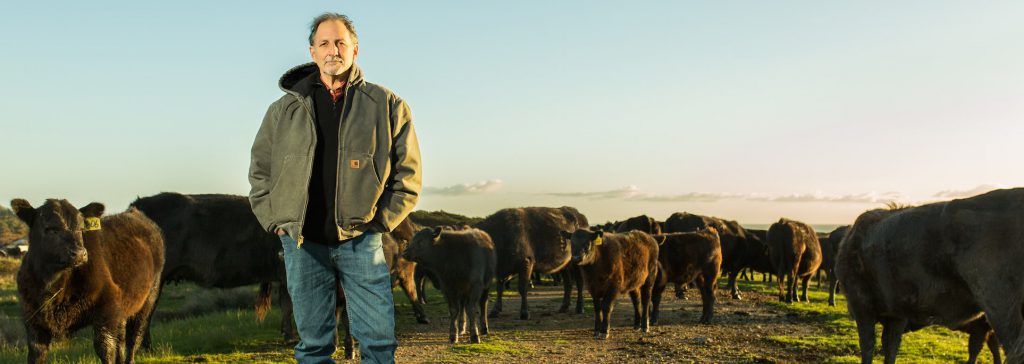
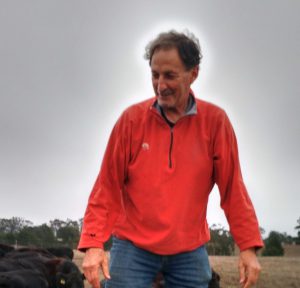
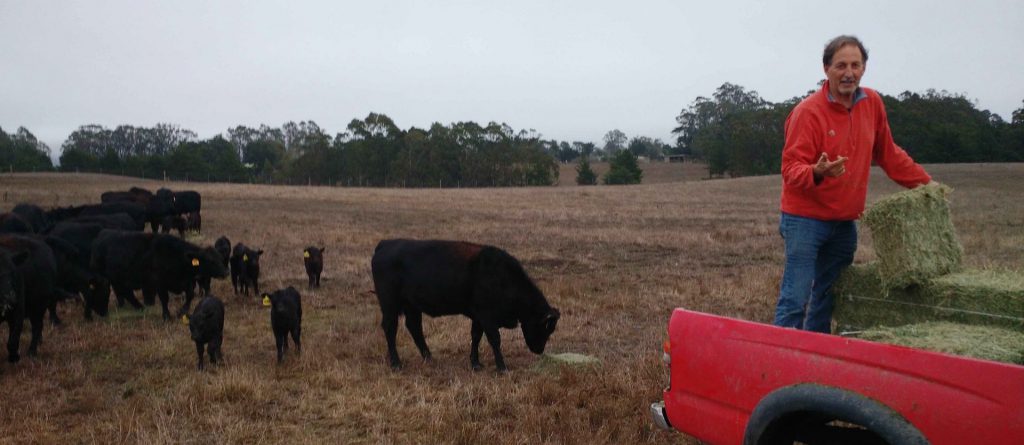
 Founder & Managing Partners at FreshSource Capital, Lisa Sebesta has launched a creative financial vehicle to grow the local food movement into a sustainable regional food system initiative. Have a listen to how Lisa and partner Dan have found, evaluated and supported a dozen of the quickest growing food & agricultural companies of the Northeast.
Founder & Managing Partners at FreshSource Capital, Lisa Sebesta has launched a creative financial vehicle to grow the local food movement into a sustainable regional food system initiative. Have a listen to how Lisa and partner Dan have found, evaluated and supported a dozen of the quickest growing food & agricultural companies of the Northeast.